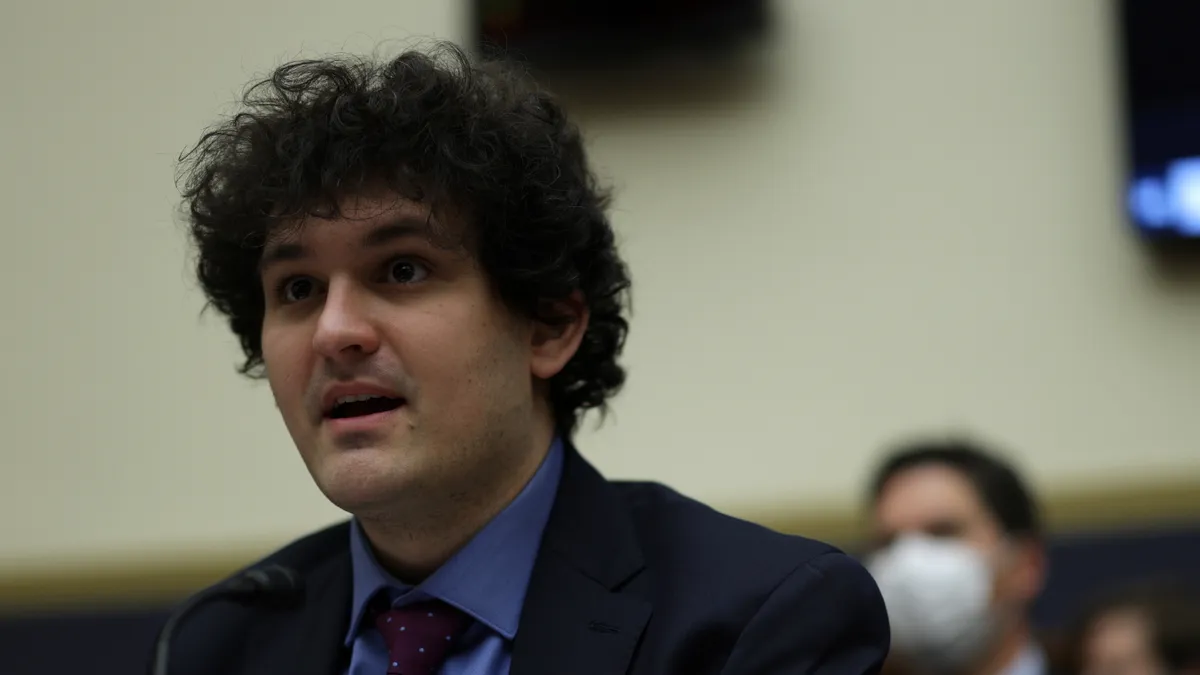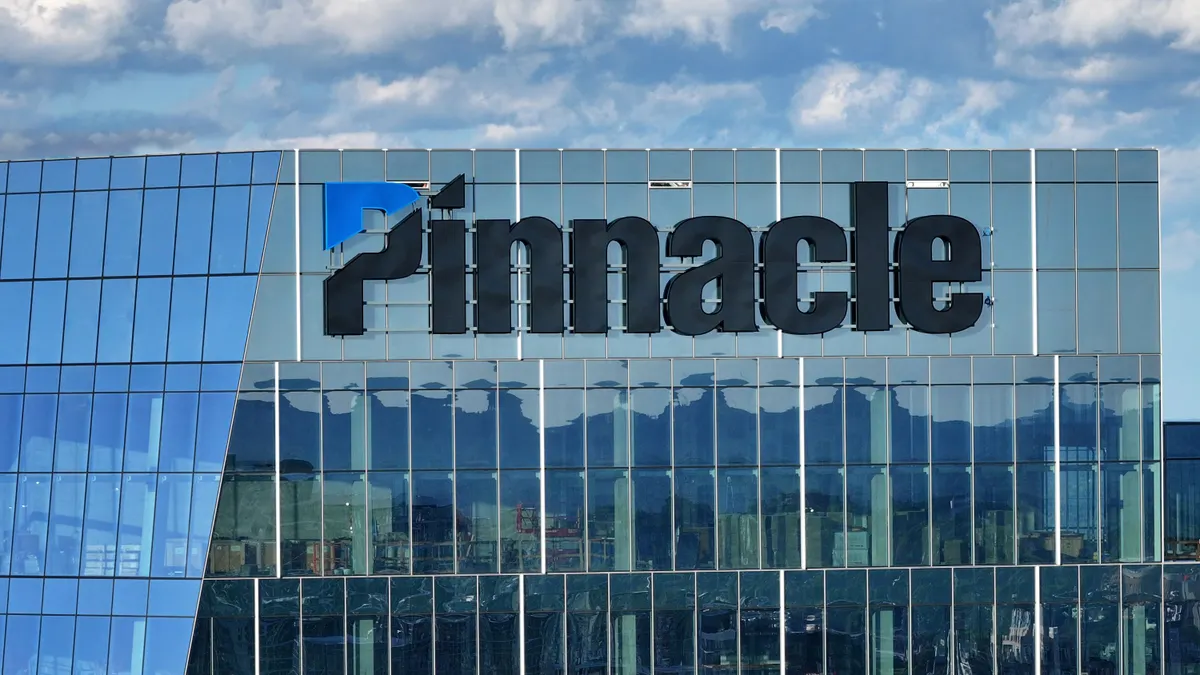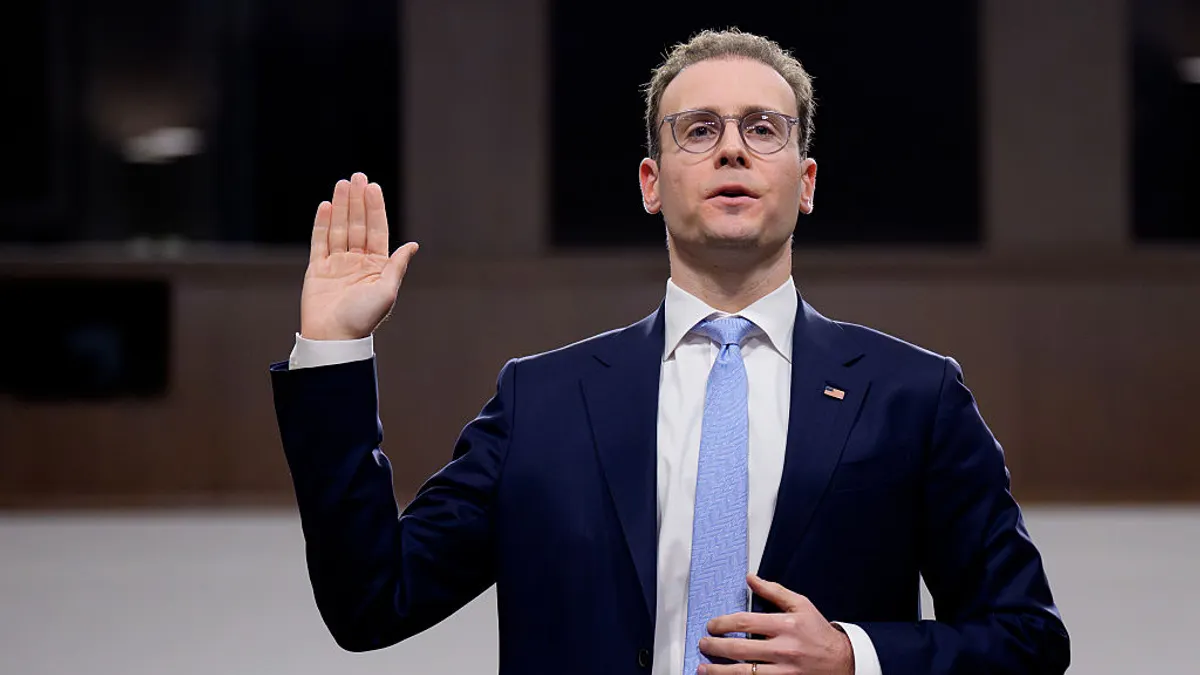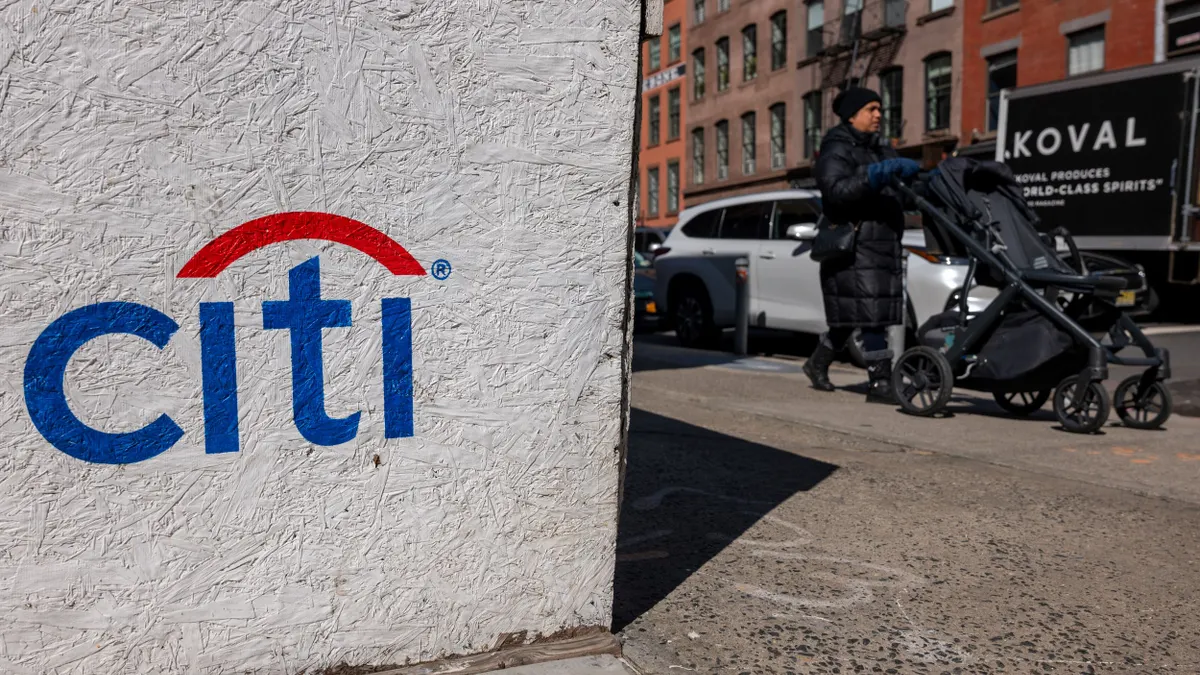Digital assets’ potential to promote financial inclusion was a top argument made by the executives of several cryptocurrency firms Wednesday, as they warned lawmakers against regulating the industry too heavily.
"We believe that the technology of digital currencies, the frictionlessness and the way in which individuals with mobile devices can actively participate — not just domestically but with family members around the world by safely exchanging value — can bring significant benefits to [underserved] communities," said CEO Jeremy Allaire, who touted his company’s yet-to-be launched initiative called Circle Impact to House lawmakers during a Wednesday hearing on digital assets.
The project, the "first wave" of which is expected to be in place by the end of the first quarter next year, aims to funnel "billions of dollars" of USDC dollar-denominated reserves into minority depository institutions (MDIs) in an effort to aid underserved communities, Allaire told lawmakers.
Allaire was joined by five other CEOs and executives representing the nation’s largest crypto firms, many of whom made the case for digital assets’ ability to promote innovation and financial inclusion in their calls that the space not become overregulated.
"We are also looking to coordinate with federal banking regulators who have their own initiatives that are focused on supporting MDIs and community banks," Allaire said.
Allaire, who co-founded the firm in 2013, told lawmakers the company’s mission around deposits is vastly different from that of traditional banks.
"Unlike a bank that wants to hoard its deposits for its own lending business as a full reserve model, we're not in the business of lending," he said.
Allaire called Circle Impact an opportunity for the company to work closely with minority banking institutions that could benefit from strengthened balance sheets.
"This, in turn, can open up credit and lending and other opportunities in these underserved communities," he said. "We view this as a really critical and strategic part of what we can do to foster a more inclusive financial system. … We will certainly keep the committee up to date on progress with this initiative."
Boston-based Circle announced in August it plans to become a full-reserve national commercial bank.
Wednesday’s panel also included participation from executives representing Coinbase, Bitfury, Paxos, FTX and Stellar Development Foundation.
When asked about the negative consequences of taking a heavy-handed approach to regulating crypto, Bitfury CEO Brian Brooks warned against limiting access to only the wealthy in an effort to protect consumers.
Brooks, who served until January as acting head of the Office of the Comptroller of the Currency (OCC), told members of the committee there are two ways to protect consumers from potential risks associated with the volatility of cryptocurrencies.
"One is to prevent as many people as possible from accessing this amazing technology, for example, the way the current legal regime works. Certain kinds of assets can only be purchased by accredited investors, meaning rich people," he said. "So the only people who can get rich on this are people who are already rich."
A second option, Brooks said, is to make it safer, "the way that we made equities safer 40 years ago."
"We created mutual funds, diversification, sector funds and other things that make it easier for regular Americans from places like my hometown in Colorado to buy equities without having to be stock experts," he said. "Strangely, in the U.S., we've refused to do that so far. We don't allow crypto mutual funds. … I would argue that the way to win is to bring more people into the system more safely, not to keep them out at their own peril."
Sam Bankman-Fried, CEO of FTX, said the crypto industry "has the potential to improve a lot of people’s lives," adding the amount of underbanked or unbanked in the U.S. and globally is indicative of a financial system that does not work for everyone.
"It’s a product of payments infrastructure that is difficult and clunky enough to use that it just does not work for most people," he said.
About 5% of American adults did not have a bank account in 2020, according to data from the Federal Reserve.
Charles Cascarilla, CEO and co-founder of Paxos, touted crypto’s ability to help immigrants send remittances to their home countries.
"This is a really powerful tool for democratization of access, especially for those who have difficulty getting bank accounts," he said. "There’s no minimum fees, there's no minimum balances, there's no check-cashing fees that are part of this technology."
Wednesday’s hearing followed the release of the President's Working Group report on stablecoins, which recommended Congress pass legislation that would require issuers of the digital assets to be insured depository institutions subject to the same regulations as traditional banks.



















